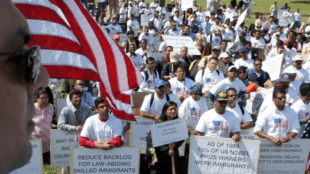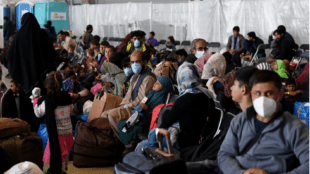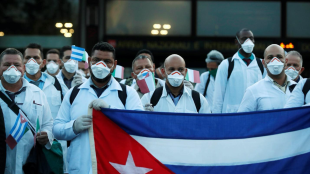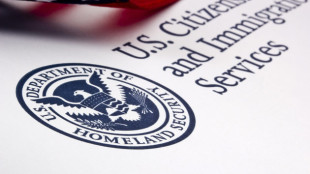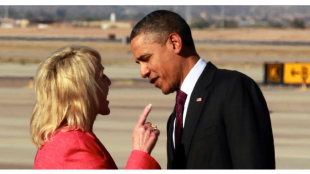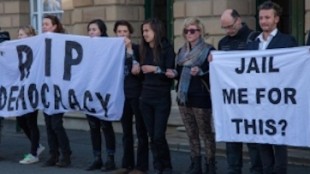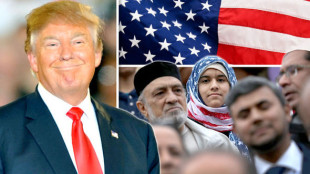Decades-long waits for green card if you were born in the “wrong” country
(Source) The Immigration and Nationality Act (“the Act”) (8 U.S.C. §1152) promulgated that no country could receive more than 7% of the total number of green cards under each employment-based preference visa categories in a fiscal year, in addition to providing for an annual numerical worldwide limitation on permanent residency issuance. The original intent of the provision was to ensure a diverse immigrant pool. However, the per-country cap generated decades-long backlogs for immigrants born in countries like China and India. Legislation aiming to eliminate the per-country cap has been repeatedly introduced to Congress. The 116th Congress passed Fairness for High Skilled Immigrants Act in both chambers but could not reconcile the two chambers’ bills before the expiration of the 116th Congress. A similar EAGLE Act has now been introduced to the 117th Congress and cleared the House Judiciary committee. In this article, I will only explore [read more]

